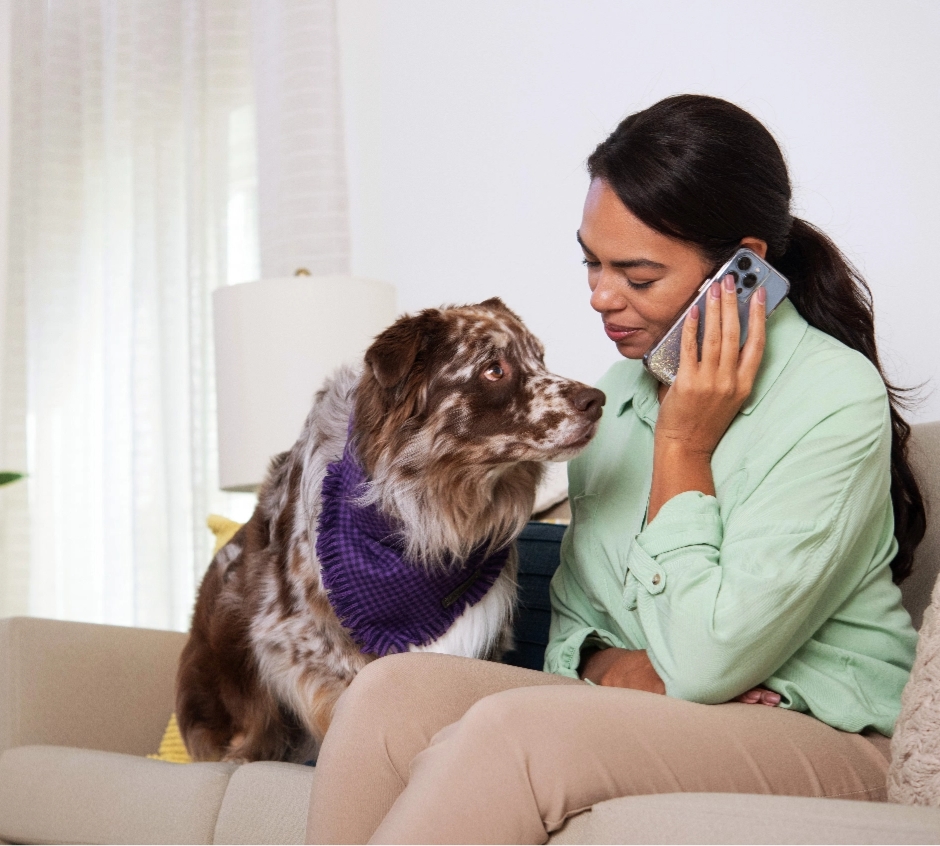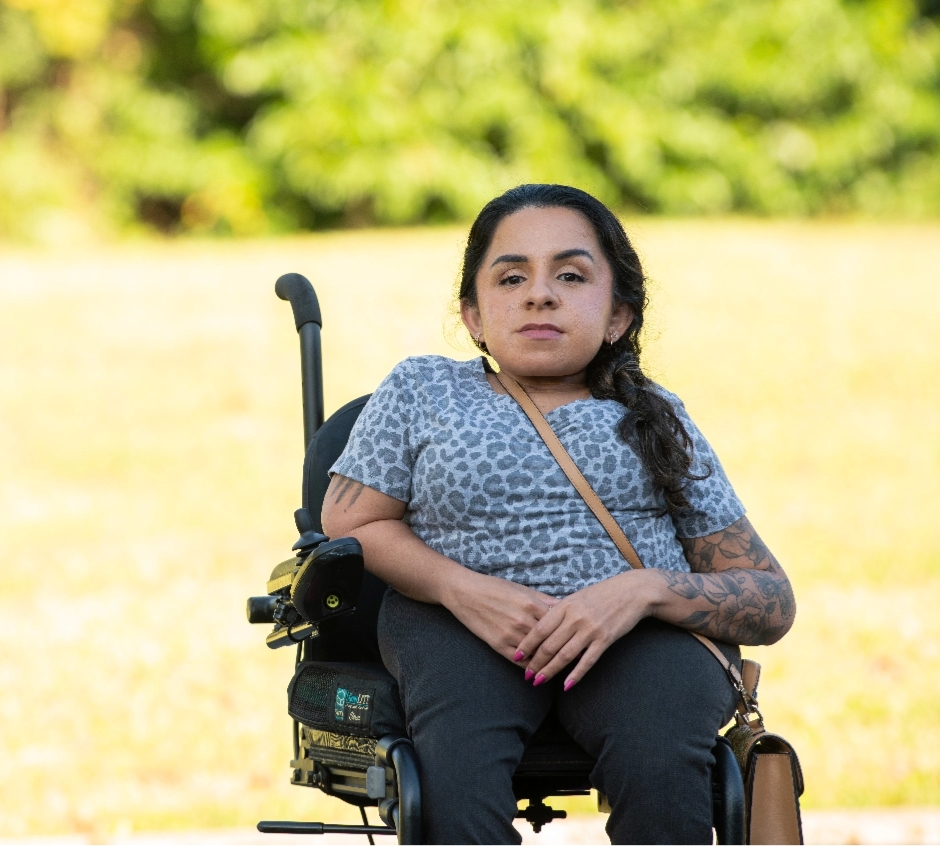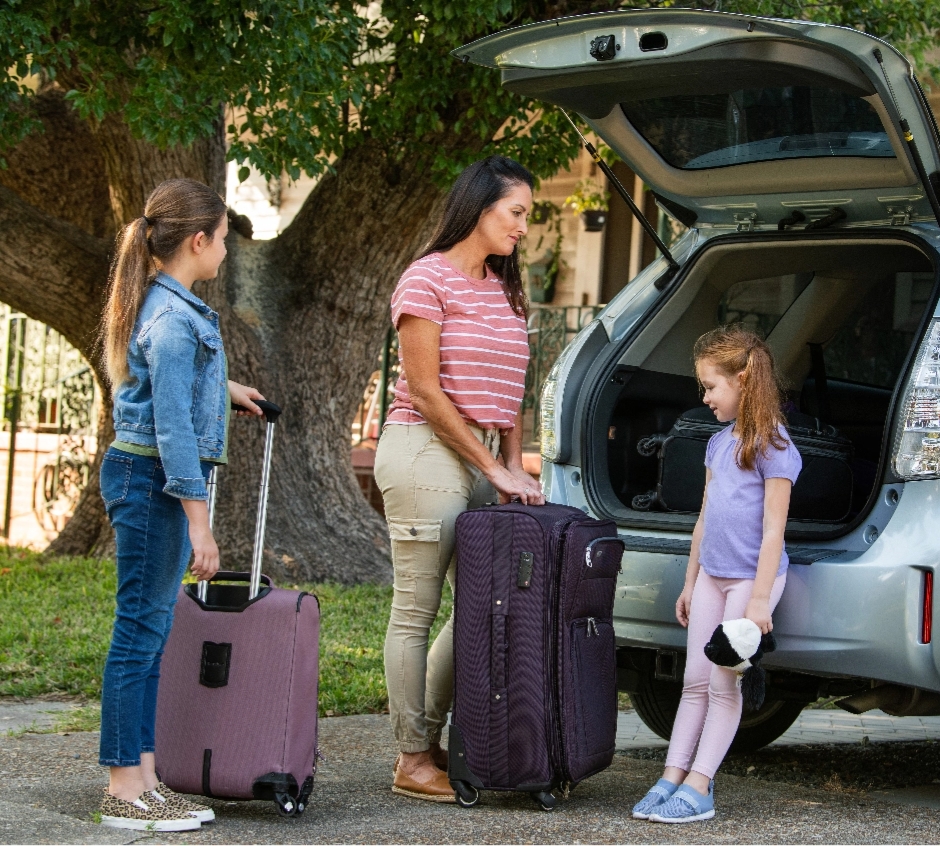- 24-HOUR HOTLINE: (904) 354-3114
- 24-HOUR TEXTLINE: (904) 210-3698
Supporting Victims
Helping a victim find safety can take on many different forms.
The most important way to support a victim is to offer to help connect them with trained advocates. Hubbard House is available 24/7/365 through our Domestic Violence Hotline at (904) 354-3114 and Textline at (904) 210-3698.
While you may also consider offering your home to the victim if they need to leave the relationship, please think carefully about whether this is the safest option. Leaving an abusive relationship can be a very dangerous time for the victim. If the abuser knows the victim would come to you for help, and if that person knows where you live, then the victim may not be safe, and you may be in harm’s way as well. Hubbard House’s shelter is a confidential location that can be a safe place for the victim.



Do not compromise your safety in order to help a victim. If you are closely supporting the victim, you should consider creating your own safety plan. Hubbard House is here for you, too!
You can also support victims by being an advocate for ending domestic violence. You can join Hubbard House staff or become a volunteer, donate to our life-saving work, or raise awareness among your social and professional groups!
Hubbard House, Inc. does not discriminate on the basis of race, color, religion, age, national origin, mental or physical disability/disability status, sex/gender, pregnancy, military status/status as a veteran, genetic information, citizenship, immigration status, marital status, sexual orientation, gender identity, gender expression, limited English proficiency, language spoken, or other legally protected status. Hubbard House, Inc. facilities and venues are accessible, and we will provide accommodations, including foreign language interpreters, American Sign Language interpreters, assistive listening devices, alternative formats of printed materials, and real-time captioning, upon request for persons who are Deaf, hard of hearing, or are living with disabilities, or for persons who are limited English proficient. To ensure that you receive the necessary accommodations, please make your request no later than 7 days prior to the event to accommodations@hubbardhouse.org so that they can be available to you from the start of the event.
A COPY OF THE OFFICIAL REGISTRATION AND FINANCIAL INFORMATION FOR HUBBARD HOUSE, A FLORIDA-BASED NONPROFIT CORPORATION (REGISTRATION NO. CH 928), MAY BE OBTAINED FROM THE DIVISION OF CONSUMER SERVICES BY CALLING TOLL-FREE 1.800.HELP.FLA (435-7352) WITHIN THE STATE OR VISITING www.800helpfla.com. REGISTRATION DOES NOT IMPLY ENDORSEMENT, APPROVAL, OR RECOMMENDATION BY THE STATE.
©2023 Hubbard House is a 501 (c)(3) | Privacy Policy